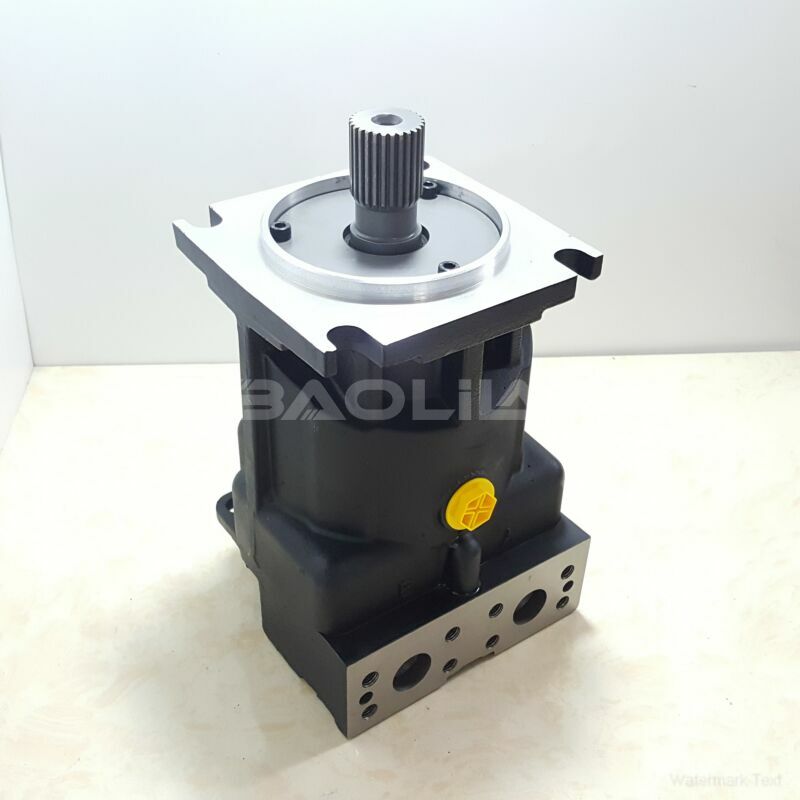90M100NC0N8N0K3W00NNN0000E6 high pressure motor
90M100NC0N8N0K3W00NNN0000E6 high pressure motor

- Product Details
- Applicable Scene
Hydraulic systems are essential in various applications, from industrial machinery to automotive systems. One critical aspect that significantly influences the performance of these systems is the quality of the hydraulic fluid used. The hydraulic fluid serves multiple functions, including energy transfer, lubrication, cooling, and contamination control. Therefore, understanding how the quality of hydraulic fluid impacts motor performance is vital for optimizing system efficiency and longevity.
90-M-100-NC-0-N-8-N-0-K3-W-00-NNN-00-00-E6
90M100NC0N8N0K3W00NNN0000E6
Hydraulic fluid quality is determined by several factors, including viscosity, cleanliness, chemical stability, and additive composition. Each of these factors plays a crucial role in how effectively the hydraulic system operates.

80001641
Viscosity is one of the most important properties of hydraulic fluid. It affects the fluid’s ability to flow through the system and, consequently, the efficiency with which energy is transferred. If the viscosity is too high, the fluid will resist flow, leading to increased energy consumption and potential overheating. Conversely, if the viscosity is too low, it may not provide adequate lubrication, which can result in component wear and premature failure. Maintaining the appropriate viscosity range is, therefore, essential for optimal motor performance.
Cleanliness is another critical aspect of hydraulic fluid quality. Contaminants such as dirt, water, and air can compromise the fluid’s performance. Particulate contamination can lead to wear and tear on critical components such as pumps and motors, resulting in decreased efficiency and increased maintenance costs. Furthermore, water contamination can lead to hydraulic fluid breakdown and corrosion of metal components. Regular monitoring and filtration of hydraulic fluid are necessary to ensure its cleanliness and maintain optimal motor performance.
Chemical stability of the hydraulic fluid is also a vital consideration. Fluid degradation can occur over time due to thermal stress, oxidation, or contamination. Degraded hydraulic fluid can lead to the formation of sludge and varnish, significantly impacting the performance and efficiency of hydraulic motors. Using high-quality hydraulic fluids with good oxidative stability and appropriate additives can extend fluid life and enhance system performance.





